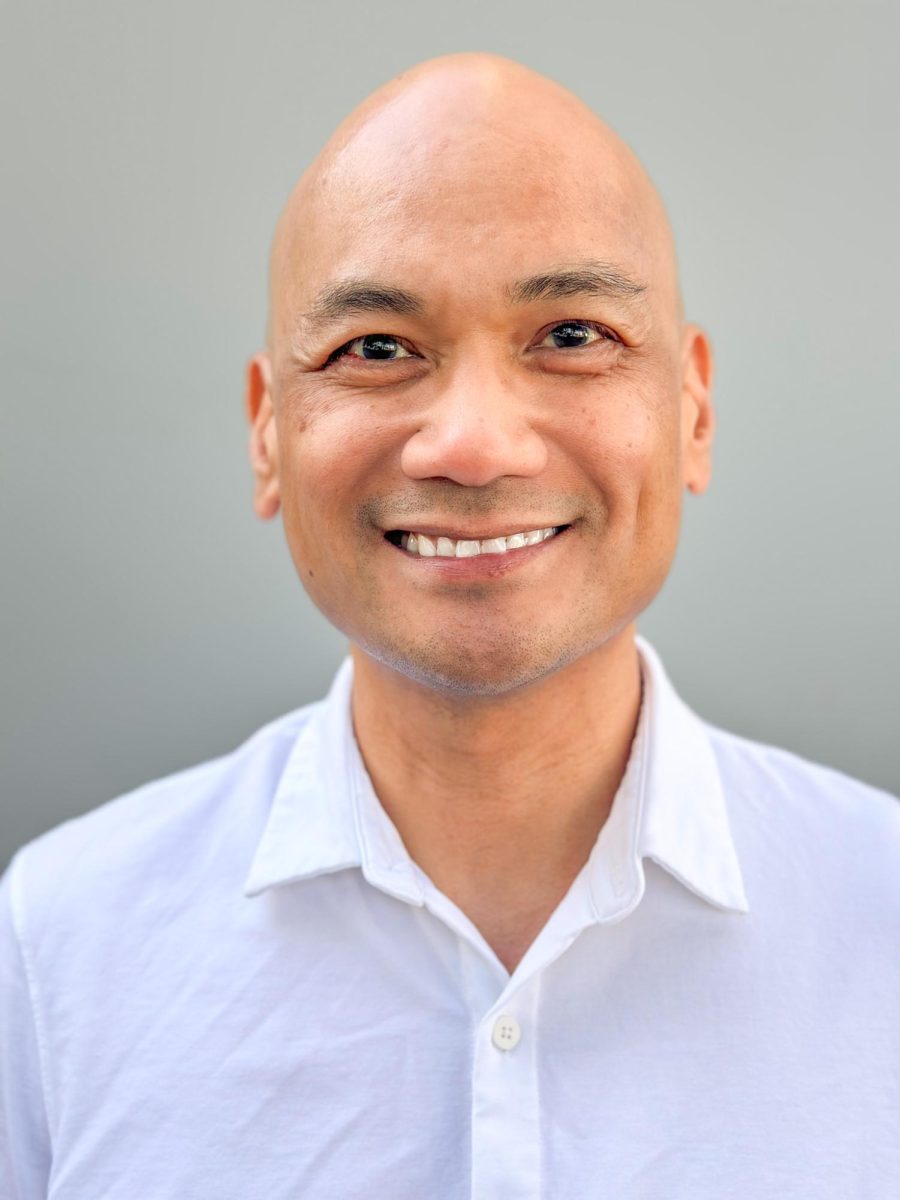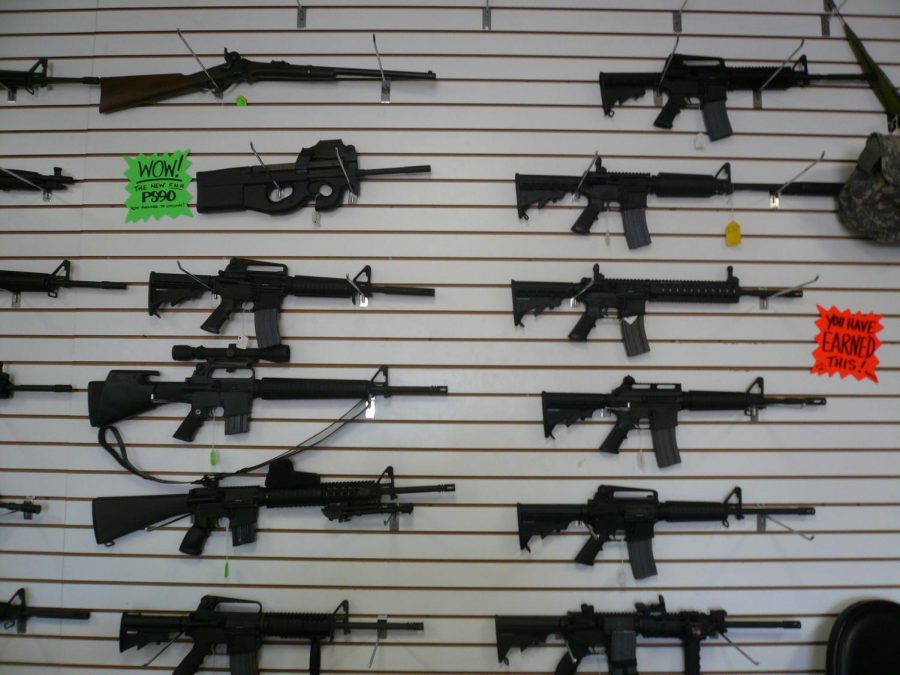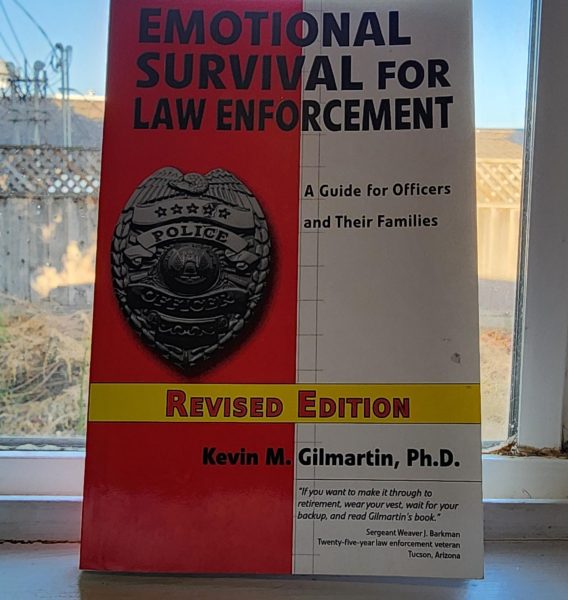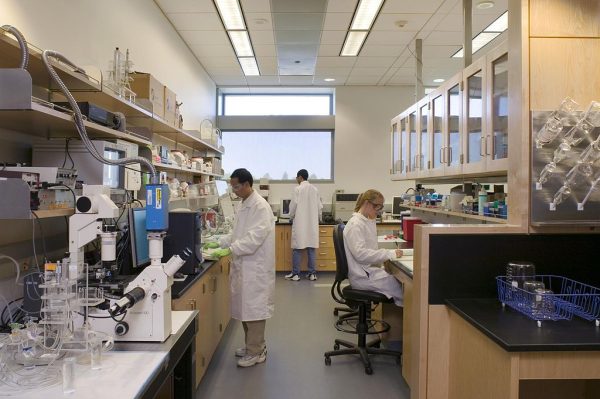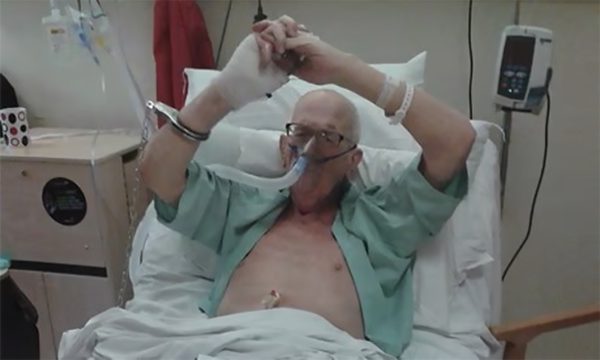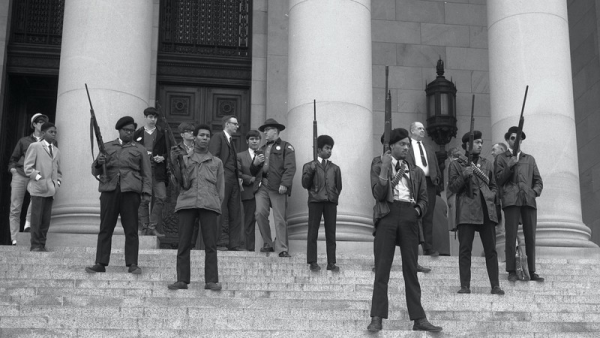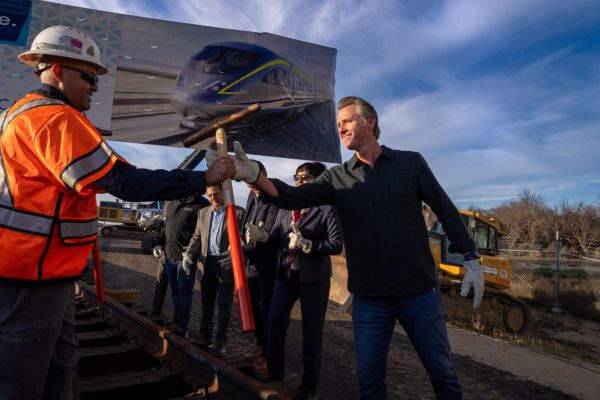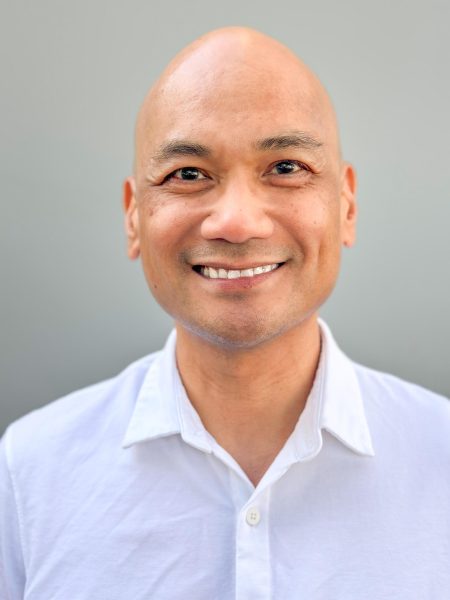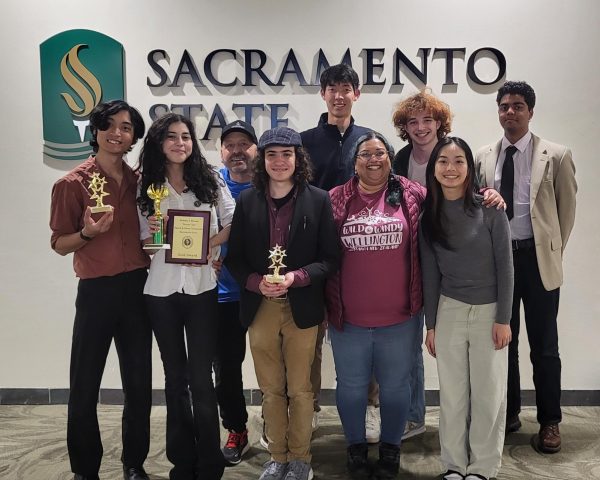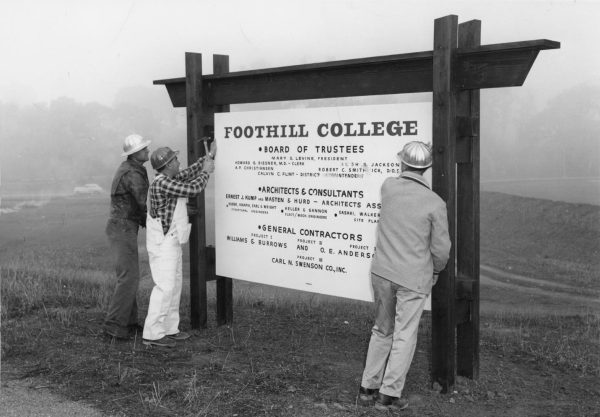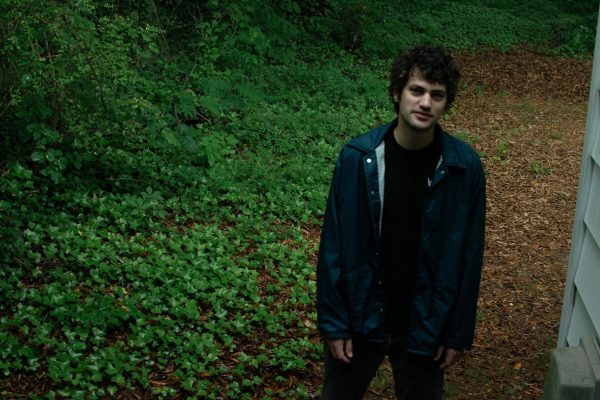The Manhattan Attack: What We Should be Regulating
The night of October 1st, 2017, shots rang out in Las Vegas. They marked the beginning of one of the deadliest mass shootings in US history, killing 59 people and injuring 546 more. Families and friends of victims were beyond devastated, as was the nation the following morning.
The shooter, Stephen Paddock, had been armed with 23 weapons that were later found in his hotel room. The discovery fueled furious debate about gun control among the people across the country but elicited little effective response or action from political leaders.
Trump responded only briefly to this overwhelming act of terror. Republicans remained staunchly against the mere discussion of tighter gun control, and instead echoed the tired-out phrase we know all too well by now — “thoughts and prayers.” The tragedy was remembered, and gradually, we realized nothing was going to change.
Exactly one month later, an Islamic terrorist drove into a crowd in Manhattan and killed eight people in what has been dubbed an “act of terror.” The terrifying news made headlines midday, and Trump responded almost immediately.
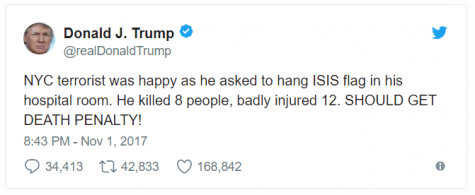
He attacked the Uzbekistani suspect on Twitter, claiming he deserved no less than the death penalty. In six tweets afterwards, he chastised the Diversity Visa program that had allowed him to come into the United States, blaming the murders on Democratic Senate Minority Leader Chuck Schumer; demanded a tighter regulation of immigrants; and immediately supported a plan to cut all legal immigration to the United States in half.
Stephen Paddock was a white male. He had 23 guns in his possession and more in his other two homes. 59 people were killed. But the tragedy blew over, and guns (or action) were never discussed.
The terrorist is an immigrant from Uzbekistan. Just a day after the act, Trump cracked down on all foreigners and protested the Visas that allowed them to enter the country. The man has been deemed worthy of the death penalty without a trial and a first class ticket to Guantanamo Bay.
Because people of color are, in America, more tightly regulated than guns.

